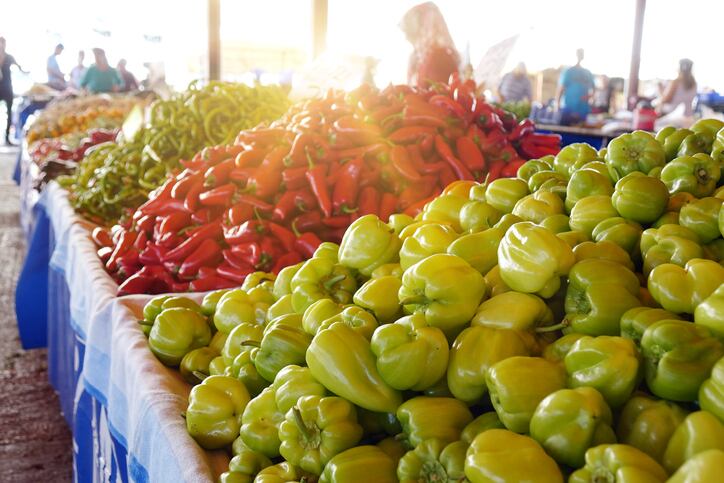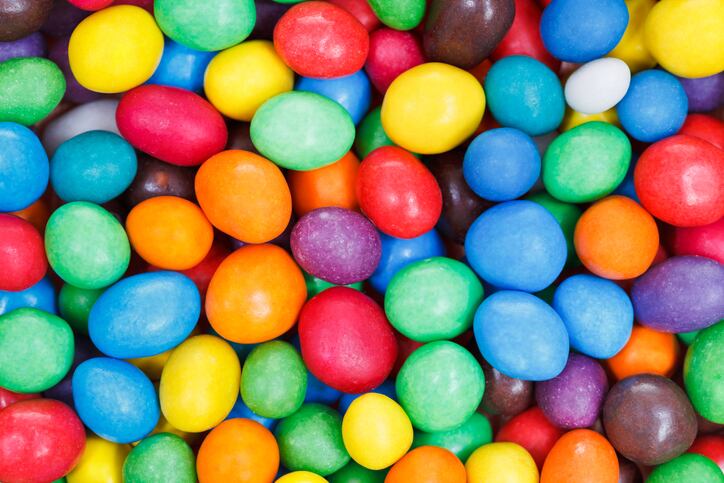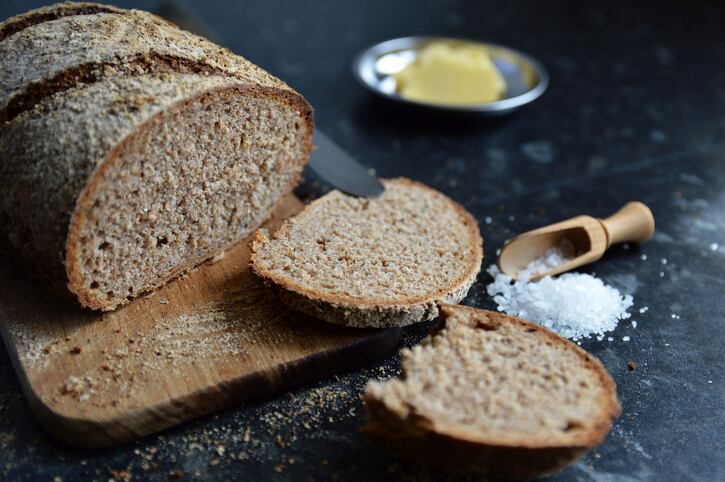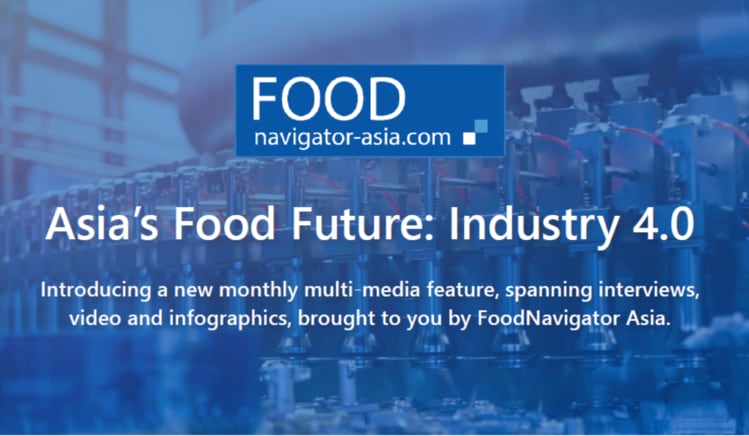Most countries in this region have histories of food scandals, which have eroded trust in the supply chain, so consumers are interested in clean label as an assurance of product safety.
John Savage, president & CEO at Kerry APMEA told FoodNavigator-Asia: “By comparison, the clean label movement in Europe and the Americas has been driven much more by consumers’ health and environmental concerns.”
The report by Kerry surveyed 4000 participants in 13 countries across APMEA. Middle East (Turkey and Saudi Arabia) respondents made up 16% of the responses.
Turkey and Saudi Arabia
While interest in clean label is growing in Middle East, the meaning varies from one consumer to another.
The top three most important clean label claims for Turkish consumers were ‘GMO-free’, ‘organic’ and ‘no artificial additives / preservatives’.
In Saudi Arabia, consumer priorities for clean label were different; the top three claims were ‘religion compliant diets’, ‘no artificial additives / preservatives’ and ‘no pesticides / pollutants’.
Savage said: “Our study finds that consumers in both Turkey and Saudi Arabia follow most of the rest of the APMEA region (except Australia and South Africa) in wanting cleaner label to assure them of product safety.”
“The only main differences were that Saudi Arabian consumers value ‘religious compliance’ above all else – something not seen in the rest of the APMEA region,” he said.
Food safety is priority
Savage told us that all End Use Markets (EUMs) were embracing clean label, “[except] the only major difference that we see is which claims they are prioritising.”
In Turkey for example, ‘no trans fat’ was among the top five most-important claims for the beverages and bakery, and confectionery and cereals categories, but it was a lower priority for the other EUMs studied.
By contrast, ‘animal ethics’ featured among the top five most-important claims for the meat & fish EUMs but was of lower importance for the other categories.
Savage pointed out, “We are seeing similar differences in Saudi Arabia too – for example, health-related cleaner label claims are in the top five for the snacks, soups, sauces & dressing category only.”
The reason for these category-level differences was that individual EUMs are associated with different issues, he explained.
However, Savage mentioned what they all ultimately have in common is that safety is paramount due to lack of trust in the food supply chain in the Middle East.
It will get cleaner
Over the last few years, clean label has shifted from being a trend to becoming the new rules of the game.
Consumers are increasingly looking for products with cleaner labels because they perceive them to be safer, healthier and higher quality.
In the report, more than half (52%) of APMEA consumers were found to look for cleaner labels when shopping, providing an opportunity for the F&B industry to create, or re-formulate their products, to fit in with consumers’ changing demands.
According to Savage, clean labelling is still in its infancy in ME, so there is a lot of potential for the F&B brands that adopt it early.
“In the next five years, we expect this to keep growing in popularity and to shift from a ‘nice to have’ to a ‘must have’,” he added.
“A number of health claims, like low/no fat, are already very important in the Middle East but in the future we also expect health claims that are currently comparatively less important – like low sugar, no trans fat and low sodium – to grow in importance too.”
This is a consequence of market maturity and increased consumer awareness.




